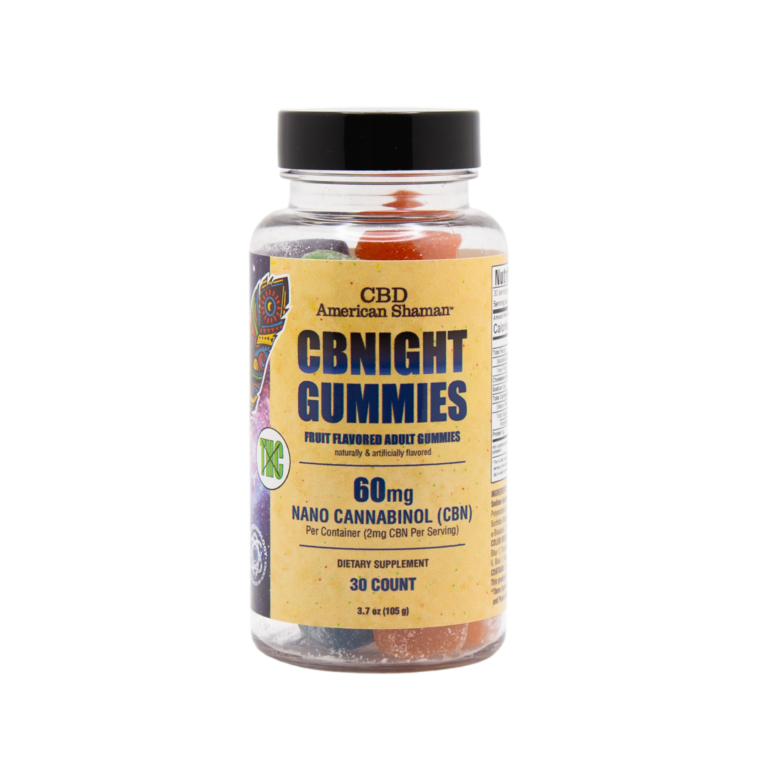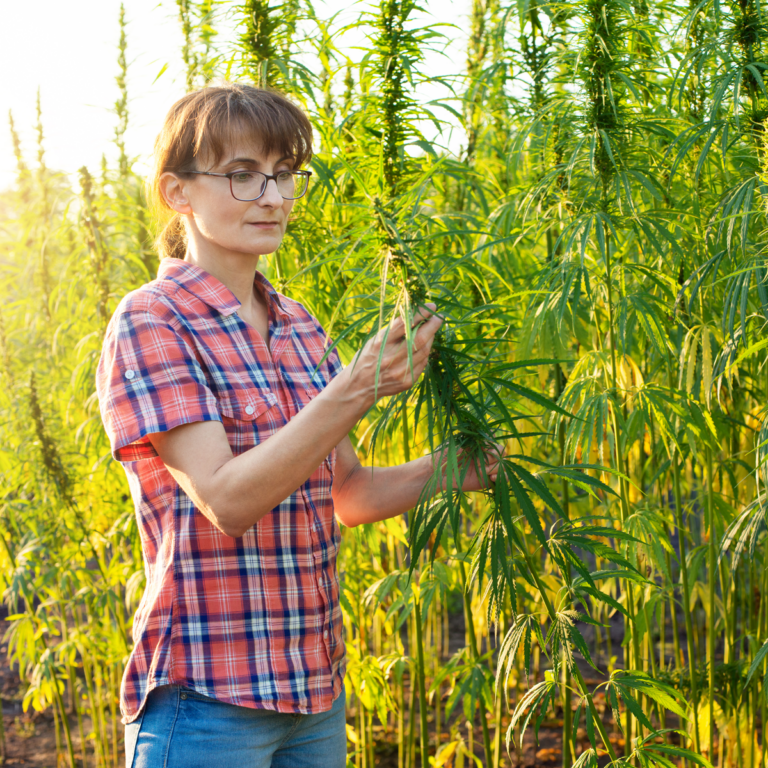Difference between Hemp and Marijuana
While hemp and marijuana are closely related and can be found under the umbrella term ‘cannabis’, both plants are uniquely different. As different strains were bred to produce certain potencies, terpene profiles, and other defining characteristics, hemp and marijuana took on distinct differences.
One of the largest differences is in their cannabinoid profiles. Both hemp and marijuana share the same cannabinoids but in differing quantities. Hemp strains will contain a high CBD potency and low THC potency. On the other hand, marijuana strains will contain a high THC potency and very little to no detectable CBD (unless it is a one to one strain).

Besides CBD and THC, hemp and marijuana also contain minor cannabinoids. These are cannabinoids that are found in smaller quantities depending on the strain and varying environmental stressors the plant experiences. While the marijuana market has focused primarily on THC production, the hemp market has expanded to focus on niche sectors of isolated minor cannabinoids. CBN, CBG, THCP, and CBGA are just a handful of minor cannabinoids that have gained popularity in recent years.
What Is CBD
CBD is short for cannabidiol, a cannabinoid that is widely popular in the hemp community. First discovered in 1940 when researchers in both the US and the UK were studying phytocannabinoids, primarily CBN. According to the British Journal of Pharmacology, “both THC and CBD are present in cannabis mainly as acids that are decarboxylated when cannabis is heated. The structures and stereochemistry of CBD and Δ9-THC, each of which occurs naturally as its (−)-enantiomer, were elucidated in Raphael Mechoulam’s laboratory: in 1963 for CBD and in 1964 for Δ9-THC.”
CBD is a non-psychoactive cannabinoid, which is one reason it has gained popularity with many different people. Non-psychoactive simply means individuals who consume CBD will not feel the “high” sensation like they would with cannabinoids such as THC. Most cannabinoids are non-psychoactive, but CBD is more present than many of the others (CBG and CBN included).
Over the years, CBD has gained a large focus from both the scientific and medical communities. Multiple studies have found CBD to have a slew of potential benefits. Studies have centered on issues such as cancer, glaucoma, Alzheimer’s, and Eczema. Many studies had yielded promising results that have opened pathways toward new potentials for treatments.
What Is THC
THC is short for Tetrahydrocannabinol. Remember how we said most cannabinoids are non-psychoactive? THC is one of those that are psychoactive, meaning that those who consume it in one way or another will experience a “high” sensation.
First discovered by a research team in Israel, THC was discovered a year after CBD in 1964. In fact, it was the same research team that discovered CBD and isolated both cannabinoids. Since then, the scientific community has strived to understand how THC impacts our bodies and what it could mean for the future of the medical community.
According to an article published in Frontiers in Pharmacology, “THC acts as a partial agonist at cannabinoid receptors (CB1 and CB2). A very high binding affinity of THC with the CB1 receptor appears to mediate its psychoactive properties (changes in mood or consciousness), memory processing, motor control, etc.”
While THC has become a popular recreational alternative to alcohol, the medical community is exploring THC’s use for multiple kinds of problems where treatment or cures are not available. According to the American Cancer Society, various studies have found that THC shows the potential to help cancer patients with symptoms like nausea, neuropathic pain, and other symptoms caused by cancer and cancer treatments.
THC Derivatives from Federally Legal Hemp
Since marijuana is not legal in all fifty states, a rise in THC products derived from hemp has seen an increase in popularity over the past several years. Delta 8, 9, and 10 products derived from federally legal hemp can be seen on store shelves across America.
How is this legal? According to a letter addressed to Alabama regulators from the US Drug Enforcement Administration, “cannabinoids extracted from the cannabis plant that have a D 9 -THC concentration of not more than 0.3 percent on a dry weight basis meet the definition of “hemp” and thus are not controlled under the CSA.”
This explains why shoppers can purchase Delta THC products in states like Texas and Kansas where medical (and/or recreational) marijuana isn’t legal. The trick is to shop with responsible and transparent brands that focus on quality and consumer education. CBD American Shaman is proud to be a leader in the Texas hemp industry for this exact reason.
Stop by any of our convenient locations around the US to shop all of our Delta THC options. Not sure where to start? Our knowledgeable staff members are happy to help answer all of your questions!
Looking Towards the Future
While CBD and THC can both be found in the hemp and marijuana plants, each cannabinoid boasts its own unique properties. Since their discovery by researchers in Israel, CBD and THC have been the subjects of countless studies and trials. The fascination the medical and scientific communities hold for these cannabinoids points toward a bright future with multiple paths open to unknown possibilities.
An influx of biomass available on the hemp market has helped to expand our knowledge of cannabinoids in recent years. This has allowed research teams around the globe to take a more in-depth look at CBD, THC, and other minor cannabinoids that have gained popularity with consumers. This research not only allows us a better understanding of how cannabinoids work and can benefit us, but also dispels inaccurate propaganda.
Wherever you look, it seems like hemp products are all around you. Knowing the difference between products and the cannabinoids they are derived from is important. Consumer education is something CBD American Shaman is focused on in hopes of creating a bond of trust with all of our customers. And while the information surrounding CBD and THC is still evolving, we are happy to continue to evolve with the industry and our customers.





